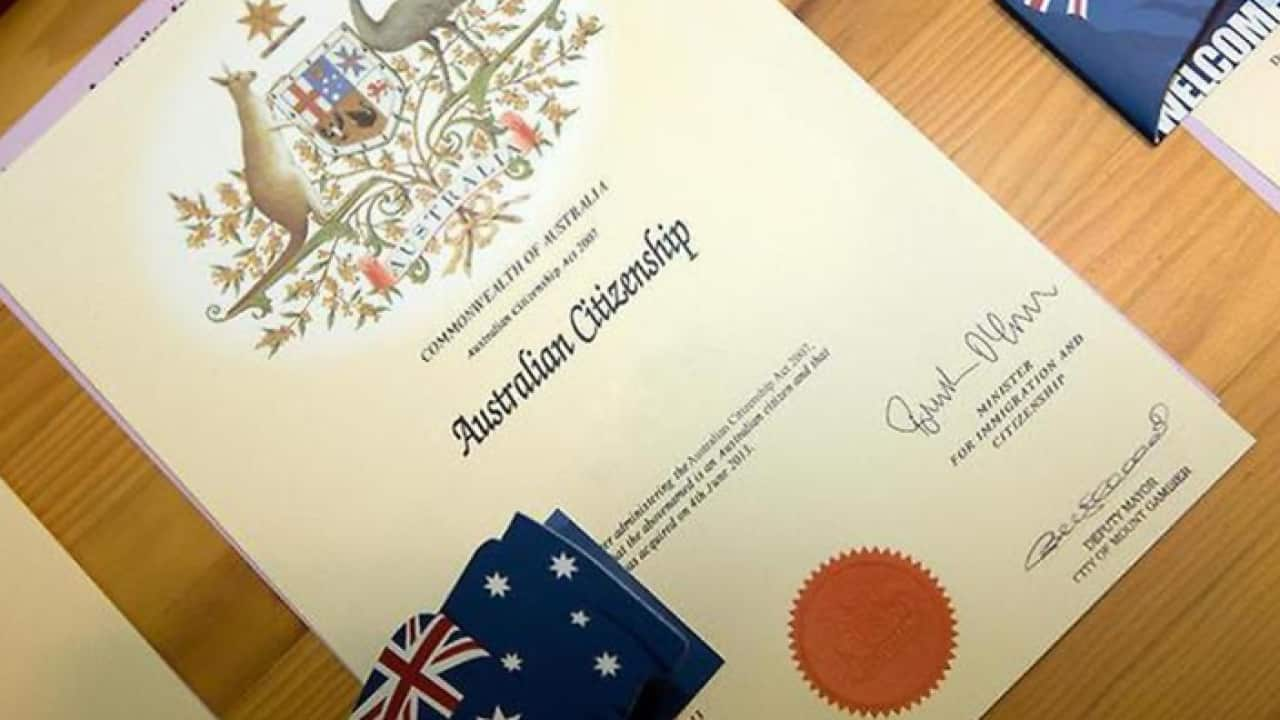In April 2012, Iftikhar Ahmed* came to Australia and was granted a Protection visa by authorities, and since then he has lived in Australia.
In September 2016, he applied for Australian citizenship but was rejected on the grounds of, “insufficient evidence regarding the identity of the applicant.”
According to the Australian Citizenship Act 2007, “the Minister must not approve the person becoming an Australian citizen unless the Minister is satisfied with the identity of the person.”
Highlights:
- The applicant was granted a Protection visa (subclass 866) in Australia
- Mr Iftikhar Ahmed frequently visited Pakistan to meet his family from 2013 onwards
- The Tribunal noted that it is possible to demonstrate identity without providing documents, where the tribunal is satisfied that the documents either do not exist at all or cannot reasonably be obtained.
The applicant later applied to the Administrative Appeals Tribunal of Australia for a review of the decision.
In his statement to the Tribunal, Mr Ahmed claimed he was an Afghan refugee and later moved to Pakistan before coming to Australia. However, he did not have any identity papers to prove his claim either from Pakistan or Afghanistan.
He told the Tribunal that he was born in Afghanistan and left the country when his father was killed in a dispute. His mother sent him to Pakistan where he lived with his sister.
During his time in Pakistan, he claimed that he was not required to make a ‘refugee card’ or any identity paper to work or live in the country.
Mr Ahmed told the Tribunal, that he visited Pakistan on several occasions since coming to Australia. Around 2013, he got married in Pakistan and later had a daughter too.
However, the applicant was not able to provide any documents of his birth in Afghanistan, his life in Pakistan or any proof of his sister living there.
The Tribunal noted that the absence of documentary evidence does not mean that an applicant cannot establish identity.
It is understandable that people living as refugees may not have the opportunity or motivation to ensure that each stage of their life is documented.
However, it was also observed that where documentary evidence of identity is sparse, “careful attention” should have been taken by the applicant and he must have treated the situation “with caution”.
The applicant agreed that the only documents he provided from Pakistan or Afghanistan related to him were his marriage certificate and his daughter’s birth certificate and that they were based on his Australian identity.
The Tribunal noted that although the applicant could have demonstrated his identity without the identity document but only in the case that “that the documents either do not exist at all or cannot reasonably be obtained.”
The Tribunal also concluded that Mr Ahmed had ample opportunities to get the documents during his visits to Pakistan but he did not make those efforts.
The Tribunal has affirmed the decision of the delegate of the Ministry of Home Affairs and rejected the appeal of the applicant.
*The name of the person has been changed to maintain privacy.
More from SBS Urdu:
